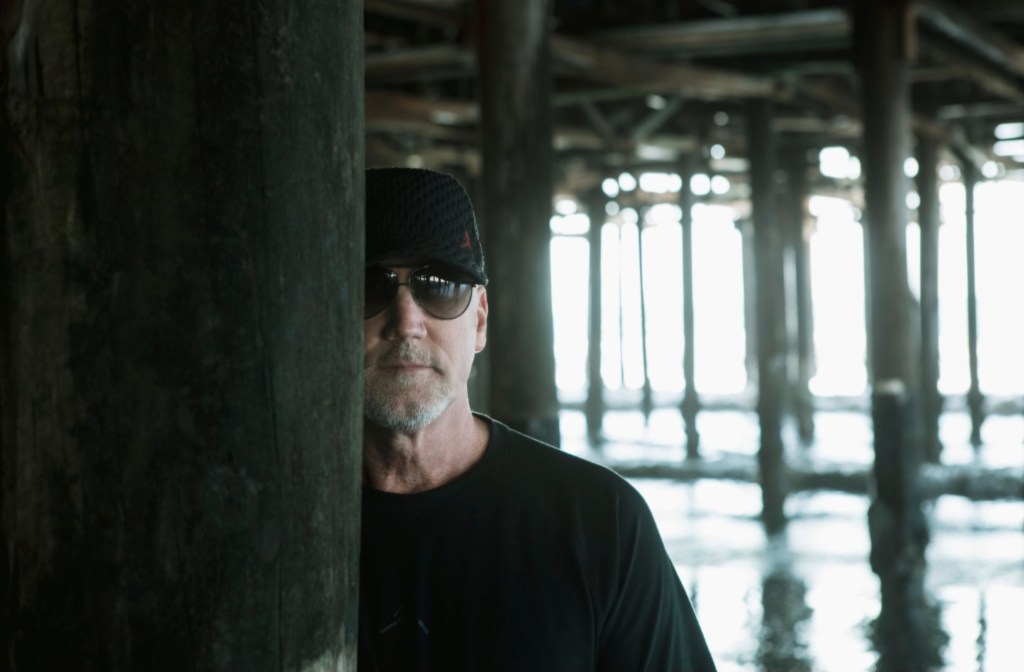
A Controversial Tale of Crime and Betrayal
A former high-rolling gambler, now a key figure in the FBI's investigations, has voiced strong concerns about a new Amazon Prime docuseries that portrays his involvement in a notorious criminal case. The series, titled Cocaine Quarterback, explores the story of Owen Hanson, a former USC football player who became a significant figure in drug trafficking and money laundering. R.J. Cipriani, the individual at the center of the controversy, claims he was misled into participating in the project and feels misrepresented in the final product.
Amazon and the production company behind the series, Unrealistic Ideas, have not provided any official comments on the matter. However, Cipriani’s allegations have sparked a debate over the accuracy and fairness of the portrayal in the three-part crime documentary.
The Rise and Fall of a Gambling Legend
Cipriani had a well-known reputation for his extravagant lifestyle and generous donations to those in need. He even gave himself the nickname "Robin Hood 702," referencing the Las Vegas zip code where he operated. According to Cipriani, an ex-girlfriend approached him with an offer to invest in a gambling venture in Australia. The initial stake was successful, but the second one resulted in a massive loss of $2.5 million at a Sydney casino.
He recalls, “I started playing and hit a bad streak.” This financial setback led to a series of events that would change his life forever. In the docuseries, Hanson is depicted as having found a “money laundering magician,” but Cipriani later realized he had been manipulated into working for a drug lord who was also involved with his ex-girlfriend. Notably, this detail is omitted from the show.
Tensions and Escalating Threats
The series highlights the growing tension between Cipriani and Hanson following the $2.5 million loss. Cipriani claims that Hanson engaged in an escalating intimidation campaign, including sending videos of cartel beheadings and hiring someone to desecrate his mother’s grave. Fearing for his safety, Cipriani turned to the FBI.
He recalls, “I said, ‘I have to go to the Feds.’” His lawyer ensured that he signed a proffer agreement before speaking, which allows a witness to provide information while limiting how it might be used against them.
Cipriani is particularly upset that the docuseries casts doubt on whether he may have knowingly participated in the criminal activities or acted as a whistleblower to protect himself. “My goal was to get back at him,” he insists. “I never thought I was culpable in any way.”
A Misleading Interview
Cipriani was interviewed for the docuseries, but he initially declined the opportunity after being denied an executive producer credit. Years later, when the filmmakers suggested the project would explore the suicide of a man linked to Hanson’s criminal enterprise, Cipriani agreed to participate specifically to support the deceased individual.
However, he claims that the interview took an unexpected turn. “We kept bantering when I didn't even think I was still being filmed. So [what aired] was a very disingenuous interview.” The subject of the suicide was ultimately excluded from the final cut.
From Informant to Hollywood Producer
Despite the controversy, Cipriani’s experiences with Hanson eventually led to his role as a federal informant. He played a crucial part in exposing a widespread corruption scandal at Resorts World Las Vegas.
Recently, Cipriani has been working on a scripted version of his own story, titled Jackpot, named after the codename the FBI gave him. He also has other Hollywood projects in the works. This makes the portrayal in Cocaine Quarterback especially troubling for him.
“I don’t want people thinking the wrong thing,” he explains. “I’m a guy who goes after bad guys and I can’t have it out there that I helped this guy launder money.”

Post a Comment